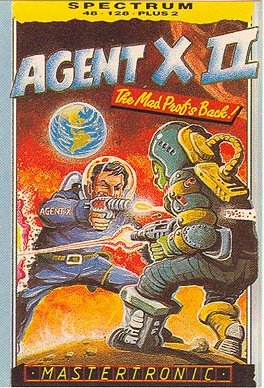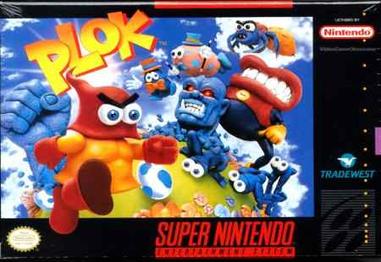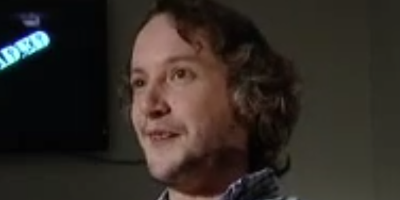The German version of this short article was posted on 19 December 2020, Tim Follin’s 50th birthday. (Oh, in case you’re wondering: in the beginning of Vintrospektiv, I was looking for regular things to post and so I researched random dates to do with video games, like publication dates, birthdays, and so on. I’ve written about the probable accuracy of these dates before, but Tim Follin’s birthday is featured on so many sites I’d imagine he would correct it at some point if it were wrong – especially since I’m not the only one who wrote a 50th-birthday post.)
This was the last article on this blog that was still missing an English translation (with the exception of the first “this month in retrogaming” overviews that were probably very inaccurate, see above, and will therefore remain untranslated), so here it is:
Happy 50th birthday, Tim Follin!
A late entrant into the world of computer game music (first Spectrum game Subterranean Stryker in 1985, first C64 game Agent X II in 1987), Tim Follin experimented a lot with the possibilities of the sound chips he was working with, and introduced jazz and rock elements into a scene that was otherwise shaped by classical and early electronic music.
His music for Agent X II on the Spectrum is still regarded with awe as it was only possible with the help of a number of programming tricks. He continued creating unique sound effects and instruments, for instance in his music for Ghouls ‘n Ghosts on the C64 (which he considers his best work on that machine).

His soundtrack for Plok on the Super NES is based on samples of contemporary synthesizers (M1 and Wavestation by Korg) and real guitars. The beach/sea level is a good example for the idiosyncratic mixture of New Age, Easy Listening and rock music.

After composing the music for more than 50 games on a dozen systems, he withdrew from computer game music in 2006, disappointed after realising that his work was increasibly based on speculation and often paid extremely late or not at all when delays occurred (sometimes over several years) or development was cancelled early.
In 2015 he returned with his self-produced game Contradiction: Spot the Liar!, financed through a Kickstarter campaign, that received generally positive reviews.
GST Channel has a fantastic video on YouTube that can be wholeheartedly recommended to anyone interested in Tim’s musical development and his methods.
(The picture of Tim Follin was taken from an interview in the programme Re:Loaded by Channel M. The other images come from the respective companies.)


